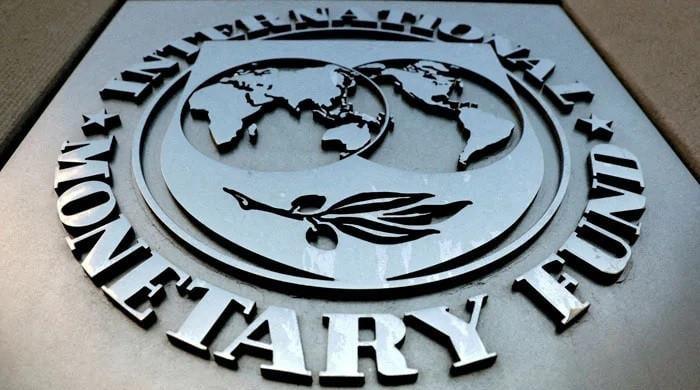- The discussions mainly focused on economic reforms and budgetary stability.
- 2 car import programs canceled; the rules for transferring residence have tightened.
- 2nd review of the $7 billion FEP, 1st $400 million RSF tranche awaiting completion
Pakistan and the International Monetary Fund (IMF) have made significant progress toward a staff-level agreement on key economic assessments, the fund said on Thursday, following in-depth discussions on fiscal reforms and financial stability measures.
An IMF team visited Karachi and Islamabad from September 24 to October 8, 2025 to hold discussions on the Second Review of the Extended Fund Facility (EFF) and the First Review of the Resilience and Sustainability Facility.
The officials said the discussions focused on assessing Pakistan’s ongoing economic reforms and measures needed to strengthen fiscal stability and sustainability.
Pakistan and the IMF were scheduled to conclude review negotiations on Wednesday for the completion of the second review of the $7 billion Extended Financing Facility (EFF) and the first tranche of $400 million under the $1.4 billion Resilience and Sustainability Facility (RSF).
The IMF has set a deadline to seek approval from the Economic Coordination Committee (ECC) of the Cabinet for the abolition of two schemes and strengthening of the third in the current month.
Regarding the tariff rationalization plan, both sides agreed that the two regimes relating to baggage rules and the gift regime for car imports would be abolished. For the third program, Residency Transfer, vehicles will be imported only from a country in which the individual has stayed for at least one year, and misuse of this program will be reduced.
An official pointed out that all vehicles, whether from Japan or the UK, are first imported to Dubai and then brought to Pakistan, so misuse of imported cars needs to be reduced.
Pakistan and the IMF are still trying to reach a consensus on the release of the GCD assessment report, which remains a bone of contention between the two sides. According to internal sources, the government has established a working group to conduct a detailed review of the vague anti-corruption framework and shared it with the IMF. The task force recommended that the FBR notify draft rules regarding ‘Declaration of Assets of Government Servants Serving in Basic Pay Scale 17-22 and Their Spouses’.
It also recommended amendments to the Civil Service Act of 1973 to enable the publication of the assets and liabilities of civil servants; make amendments to the Electoral Act to mandate unelected advisors and special assistants to the Prime Minister to provide their statement of assets and liabilities; and make necessary amendments to the NAB Order and the FIA Act to ensure clear definition of mandate, prepare a common list of offenses and establish coordination mechanisms between the two agencies to work harmoniously on offenses where both have jurisdiction.
Other recommendations include providing training on jurisdictional boundaries to officers of the NAB, FIA and provincial anti-corruption establishments (ACEs); make arrangements to repatriate FIA investigators stationed at airports for immigration processing and hand over this responsibility to another force; and invest in technology, capacity building and training of FIA, NAB and provincial ACE investigators to bring them on par with their regional counterparts.
Furthermore, the task force advised conducting awareness campaigns to inculcate a culture of integrity among public servants and educate the public on their right to seek disclosure of public information under the Right to Information Act and the regulatory framework for reporting corrupt practices; to make arrangements for the appointment of lawyers by open advertisement based on specific expertise to ensure quality prosecutions and for the appointment of independent members of the legal community in the special courts for judicial assignments; and empower provincial anti-corruption establishments to handle money laundering cases at the provincial level.
The recommendations also include the creation of a central coordinating forum for assistance with investigative, forensic, intelligence sharing and resolution of jurisdictional issues; ensure that chief internal auditors are appointed within ministries and divisions, as required by the Public Financial Management Act; and ensure strict compliance with the Public Enterprises (Governance and Operations) Act, 2023, and ensure that government entities are managed in accordance with section 36 of the Public Financial Management Act, 2019.




